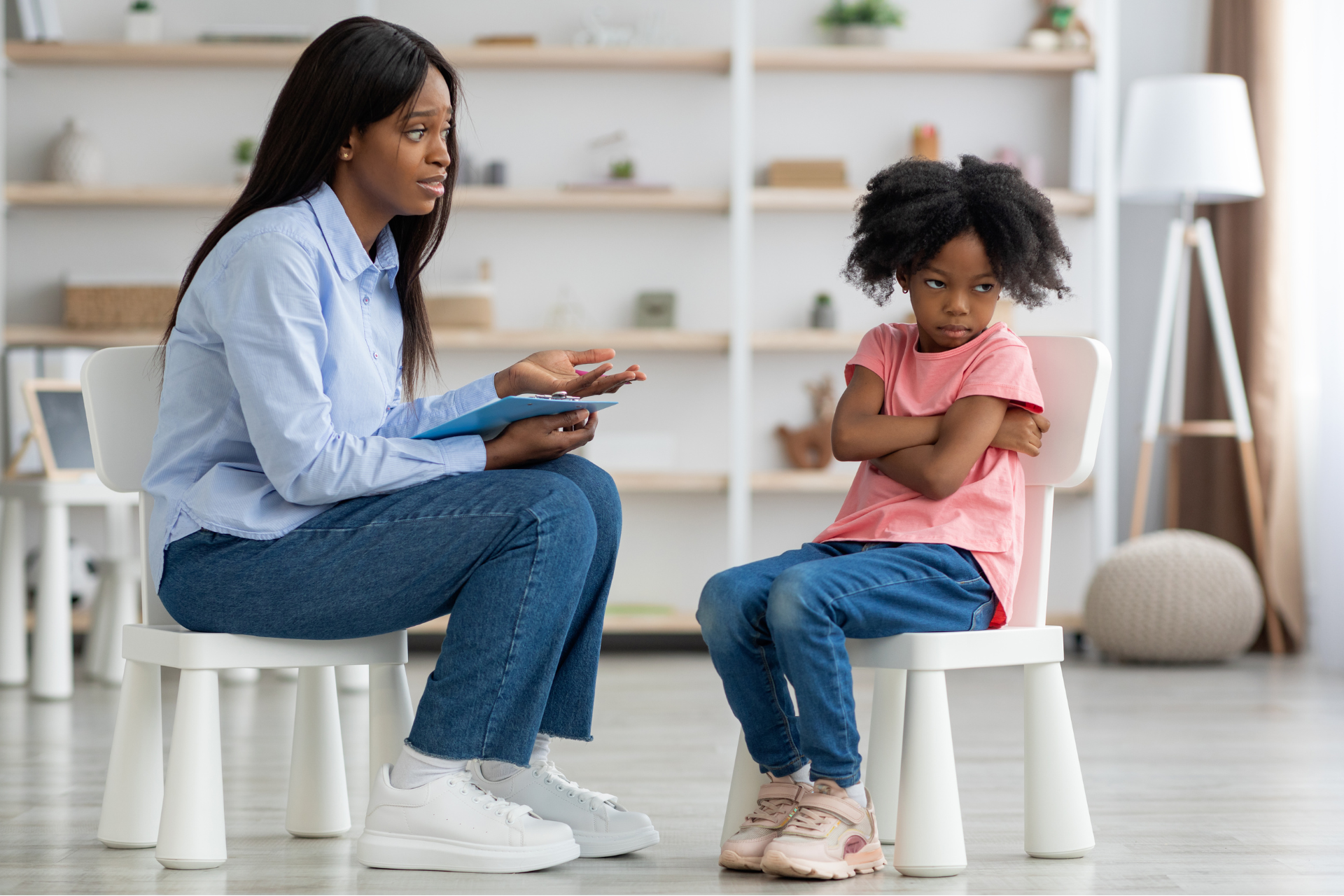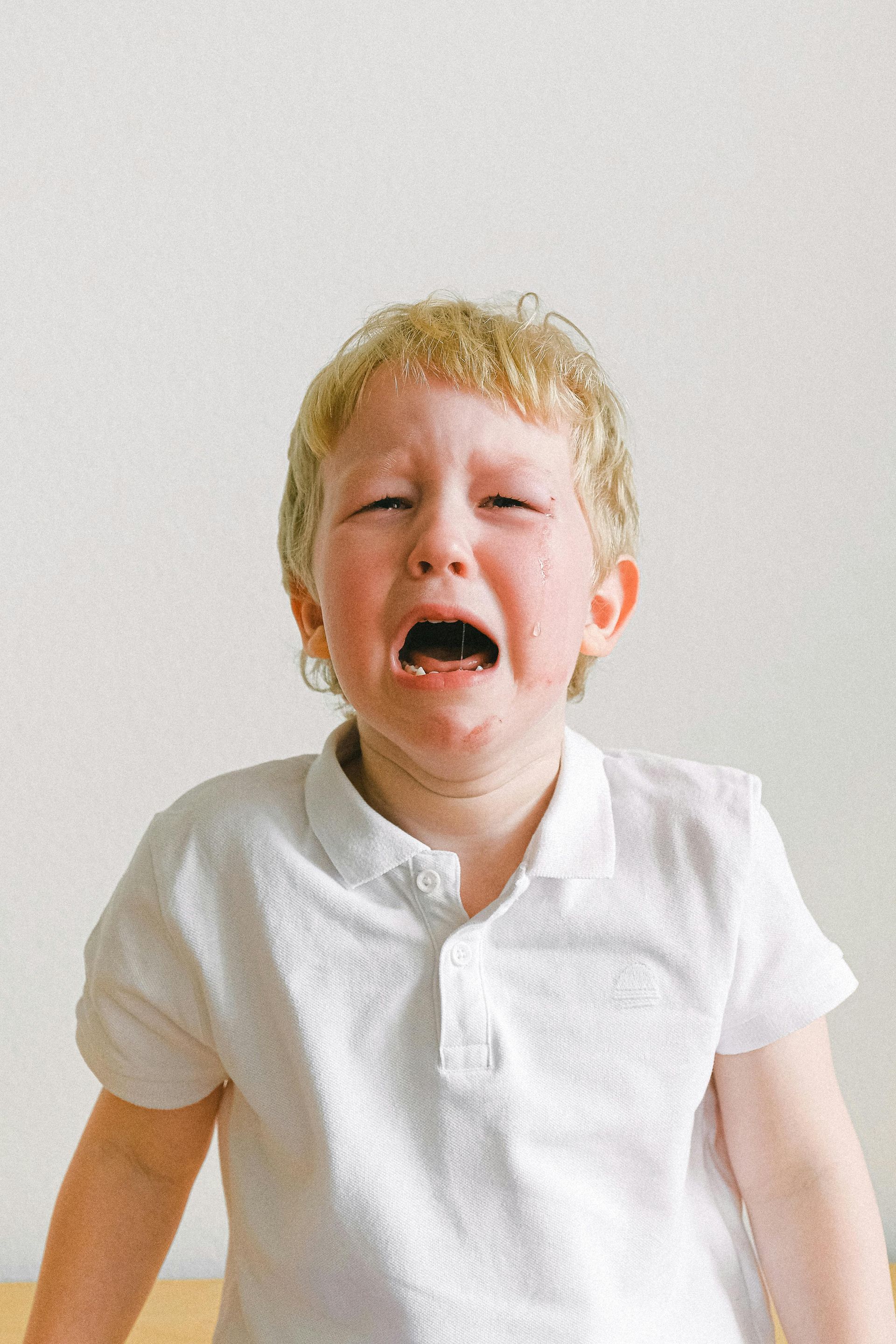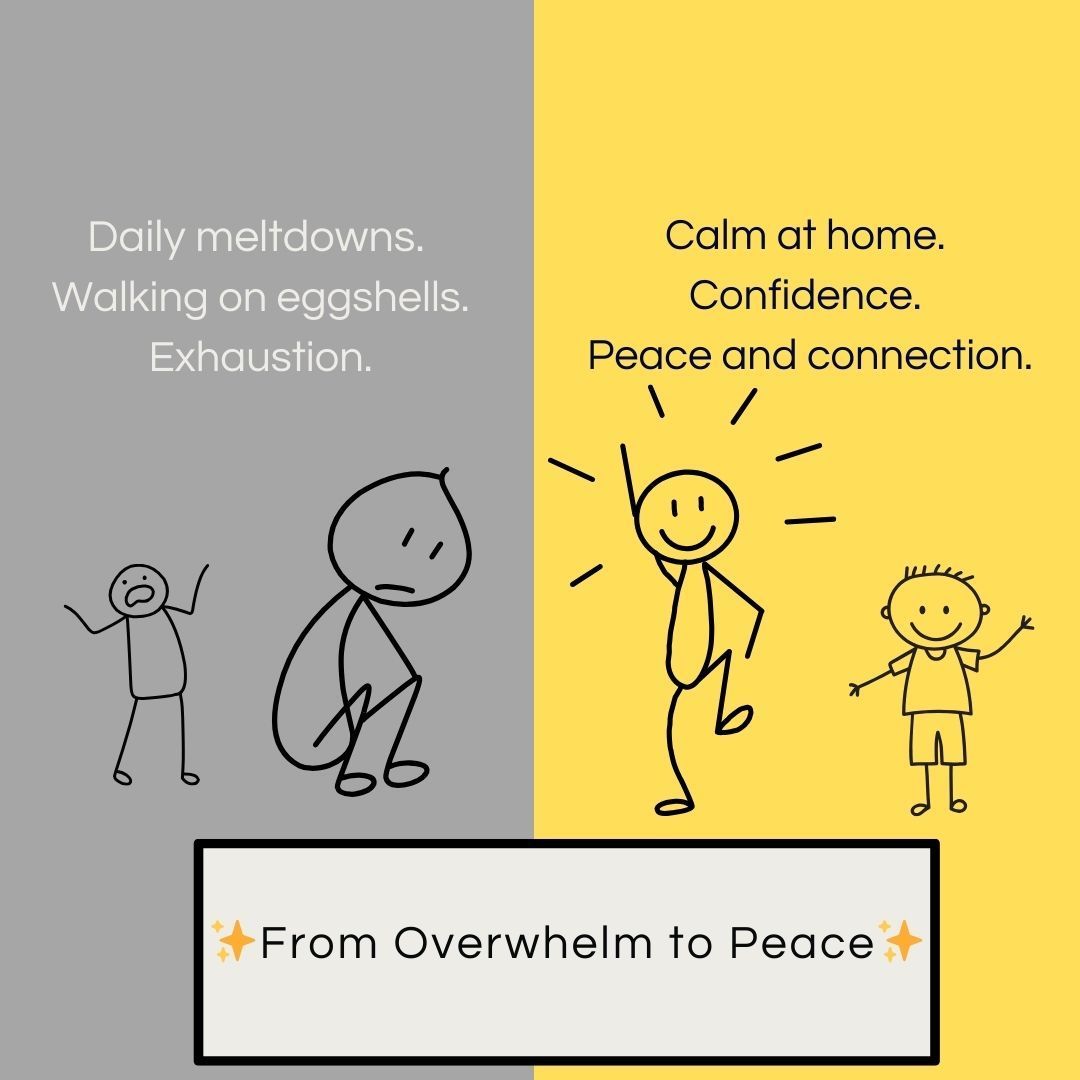How to Repair With Your Child After a Blow-Up
Ceara Deno, MD • January 27, 2025
Schedule A Free Call
How To Repair with Your Child After a Blow-Up

If you’re a human, stress is inevitable.
And when we get stressed, especially with our child, we may lose our cool.
We may have Blow-Ups, meltdowns and moments of where we LOSE IT.
When these moments happen:
- You may have acted in ways you regret
- You may have said or done things you wish you hadn’t said or done
- You may feel embarassed by what you did
- You might wish you could have a do-over
So what comes next? As a parent, how can you handle these kinds of moments? What should you do? What should you say? How can you prevent them from happening again the next time?
1.) First, it’s OK. Blow-Ups are going to happen occasionally:
It might feel like your child needs you to be perfect. But that’s not true!
Kids are not perfect, so it’s actually beneficial for them to see us modeling the opposite--that being imperfect is normal and even healthy!
Kids benefit when we can model that making mistakes is survivable, and that we can take accountability for our mistakes. We can also model that mistakes and conflict are actually OPPORTUNITIES (see below).
2.) Blow-Ups and Conflict are OPPORTUNITIES:
Growing up, you might have learned some scary things about anger and conflict. You might have learned that anger and conflict:
- are toxic
- ruin relationships
- damage trust
If you learned any of those things, it’s understandable.
When anger is allowed to be repeatedly explosive, without adequate repair afterwards, anger absolutely CAN become toxic, ruining relationships and trust.
What can make the difference and allow anger to become an opportunity, not a liability?
For anger to be an opportunity, we need to know how to repair relationships after a rupture has occurred. This involves reconnecting with the other person. It involves taking accountability for our part in the rupture, apologizing for our part, and making a plan to do better in the future.
3.) A Stronger Relationship IS Possible:
On the other side of conflict is an opportunity for greater understanding.
First, what are we feeling and needing? What about this situation triggered us? Do we have unmet needs we’ve been ignoring?
When we understand our own feelings, we have the option to create better communicate with our child.
4.)
Model Taking Responsibility for Our Part:
We want to model taking responsibility for our part in the rupture. This might sound like:
“I messed up yesterday, and I’m sorry.”
“I didn’t handle things well before, and I apologize for losing my temper.”
“I’m sorry for how I talked to you. You deserve kindness even when I’m frustrated.”
Taking accountability and apologizing is part of reestablishing trust and openness.
5.) Recommit to the Relationship:
After a challenging blow-up, it’s worth remembering that kids might doubt whether we still love them.
Even though we know our love is unending, kids might wonder:
Am I still lovable after what happened?
Does my parent still feel the same about me?
Am I worthy of being forgiven for my mistakes?
This is why it’s important to share our commitment to the relationship out loud to our child. This might sound like a parent saying:
“I love you no matter what, even when we have tough moments."
“I want you to know that even when I get upset, you are so, so important to me.”
6.) Make a Commitment to Try Something Different Next Time:
Part of repair is making a plan to do something differently next time, to avoid behaving in ways we regret.
The optimist in us might say, but next time, I’ll try harder, so this won’t happen again.
But, realistically, there WILL be a next time, because stress and frustration are an inevitable part of life.
So it’s better to make a plan for handling stress, rather than just hoping we can we won’t feel the emotion. This might sound like:
“What can we do differently next time?”
“What can I do next time I’m feeling frustrated so I don’t yell?”“Next time I’ll try pausing and taking some deep breaths before I respond.”“Maybe next time I’m feeling overwhelmed, I’ll try walking into another room and taking a minute to myself, before I respond.”
We don’t need to have all the answers. It’s OK to ask our child for their suggestions and thoughts, and be willing to solve problems collaboratively.
Including our child in the solution shows that we are open to feedback, and we care about our child's thoughts and feelings.
In Summary:
Conflict, anger and blow-ups are a normal part of life, and they are opportunities for greater connection and understanding with your child.
Instead of believing that anger and misunderstandings are toxic to relationships, we can learn the skills to handle these inevitable parts of life.
This starts with the skills to talk about conflict in open, honest and compassionate ways.
Learning the skills of repair are a crucial part of handling anger in a healthy way.
If you could use some support around handling situations of anger and frustration with your child, I’d love to help.
Reach out to schedule a free call, where I can help make specific suggestions that work for your unique family to create more peace and connection.

Have you ever noticed how something as simple as leaving the playground, turning off a tablet, or getting ready for school can spark big resistance—or even a meltdown? For many children, especially those who are highly sensitive or deeply feeling, transitions are some of the hardest moments of the day. It’s not because they’re being “difficult”—it’s because their brains and nervous systems experience change differently. The good news: once you understand why transitions are so challenging, you can respond with empathy and tools that make them easier. Here are 5 common reasons transitions are tough for your child—and what you can do to help. 1. They’re Deeply Engaged in the Moment Highly sensitive kids often immerse themselves fully in what they’re doing—whether that’s reading, building, or playing. Being asked to stop feels like being pulled out of a world they love. How to help: Give gentle warnings before the change. Try: “Five more minutes of play, then it’s time for dinner.” Using a timer or visual countdown can help them prepare. 2. Their Brains Need More Time to Shift Gears Transitions require mental flexibility, which can be harder for sensitive nervous systems. Switching from one activity to another i s like changing lanes on a crowded highway—it takes time. How to help: Use consistent signals to cue transitions, such as a special song, a picture schedule, or a fun countdown routine. 3. Transitions Can Feel Like a Loss of Control Children often feel like transitions are imposed on them. That lack of control can trigger pushback or power struggles. How to help: Offer simple choices so they feel empowered. For example: “Do you want to brush teeth first or change into pajamas first?” 4. They Anticipate Stress in the Next Activity If your child expects the next step to be boring, stressful, or less enjoyable, they may resist leaving the current activity. How to help: Empathize first: “It’s hard to stop playing, I know.” Then, ease the shift with something to look forward to: “Want to bring your toy to the car so it feels easier?” 5. Their Nervous Systems Feel Every Shift More Intensely Highly sensitive kids notice and react to even small changes in environment, energy, and routine. What feels like a tiny shift to you may feel overwhelming to them. How to help: Keep routines predictable when possible. Create comforting rituals—like a goodbye hug, a special handshake, or a silly phrase—that help anchor them during transitions. The Takeaway Transitions are about more than just moving from one activity to another—they involve emotions, expectations, and a sensitive nervous system. With empathy and small adjustments, you can turn transition battles into moments of connection. 💛 Parenting a highly sensitive child isn’t easy—but it’s also filled with opportunities to build trust, closeness, and resilience. If you’d like more guidance on making daily challenges like transitions smoother, I’d love to support you. I offer one-on-one parent coaching tailored to families raising deeply feeling kids. Schedule a free call with me here.











